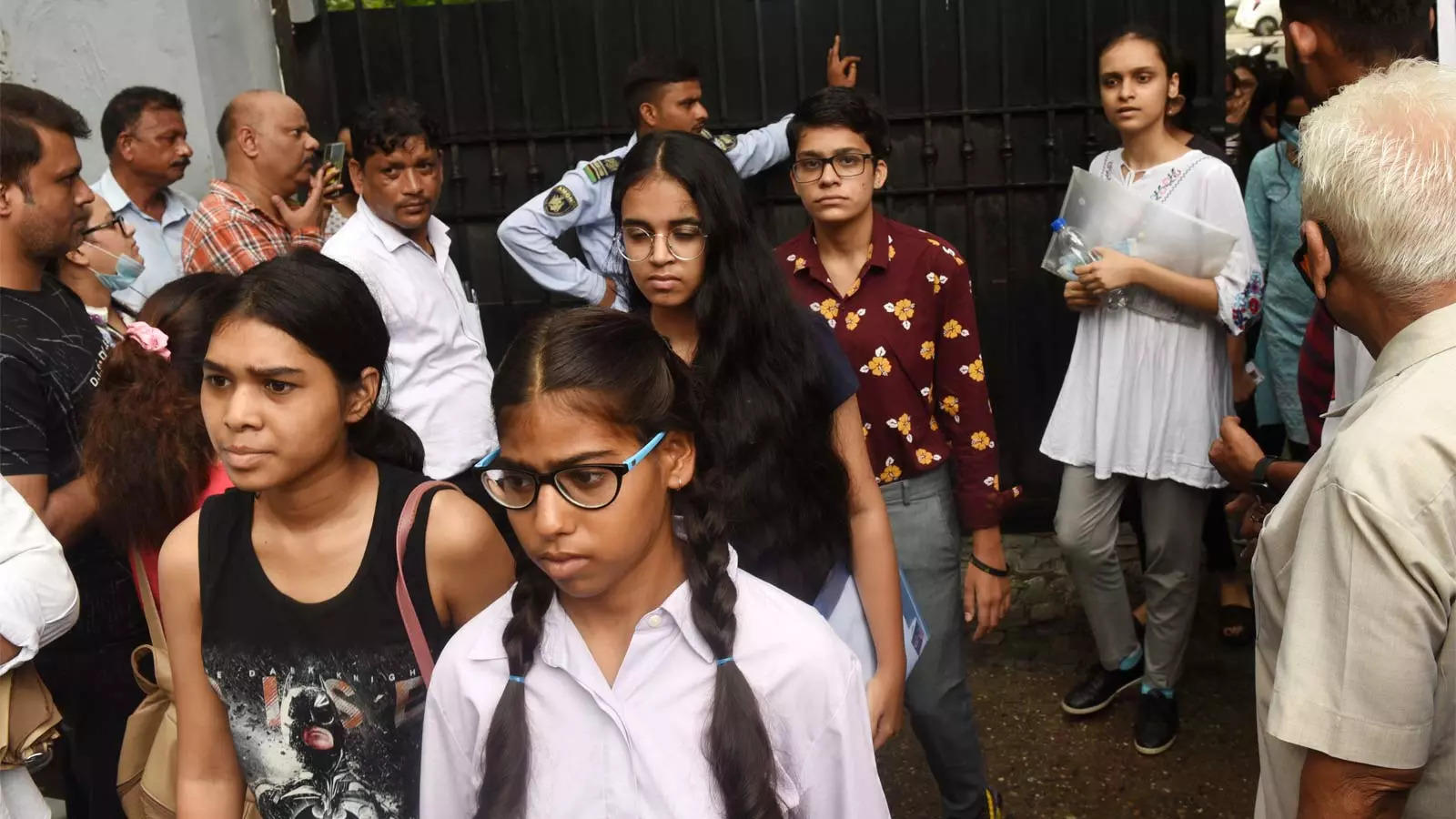NEW DELHI: The National Testing Agency (NTA) has informed the Delhi High Court that it can conduct the Common Law Admission Test (CLAT) in regional languages, such as Assamese, Bengali, Gujarati, Hindi, Kannada, Malayalam, Marathi, Odia, Punjabi, Tamil, Telugu, and Urdu. This is a significant development as it will make CLAT more accessible to students from all over India, regardless of their language proficiency.
The NTA has also stated that it is willing to conduct CLAT in regional languages as early as 2024. However, the final decision will rest with the Consortium of National Law Universities (NLUs), which currently conducts CLAT.
NTA has said that it would be in a position to conduct the CLAT Exam in English and other Indian Languages and that the exam can even be conducted in Computer Based Test (CBT) mode, like JEE and CUET.
“However, if it has to conduct the CLAT (UG)-2024, it could possibly be conducted sometime in the third or fourth week of January 2024, considering the minimum time of four months required for development/moderation/translation/proofreading/vetting or validation of Question Paper, finalisation of exam centres in major cities as per the past practice, movement of exam functionaries and materials to the exam cities/centres, and other pre-exam preparations,” said NTA.
The move to conduct CLAT in regional languages has been welcomed by many students and educationists. It is argued that this will make the law profession more inclusive and accessible to students from all backgrounds. Additionally, it will help to promote the regional languages and cultures of India.
However, there are also some concerns about the feasibility and cost of conducting CLAT in regional languages. It is important to ensure that the translation of the exam is accurate and that all students have equal access to the exam materials and resources.
The CLAT examination is presently conducted only in English, with the upcoming 2024 exam scheduled for December. The petition asserts that this practice discriminates against students with regional language backgrounds, violating constitutional articles 14 and 29(2). It highlights that the 2020 Education Policy and the 2009 Right to Education Act recommend the use of the mother tongue as the medium of instruction in educational institutions.
(With inputs from agencies)
The NTA has also stated that it is willing to conduct CLAT in regional languages as early as 2024. However, the final decision will rest with the Consortium of National Law Universities (NLUs), which currently conducts CLAT.
NTA has said that it would be in a position to conduct the CLAT Exam in English and other Indian Languages and that the exam can even be conducted in Computer Based Test (CBT) mode, like JEE and CUET.
“However, if it has to conduct the CLAT (UG)-2024, it could possibly be conducted sometime in the third or fourth week of January 2024, considering the minimum time of four months required for development/moderation/translation/proofreading/vetting or validation of Question Paper, finalisation of exam centres in major cities as per the past practice, movement of exam functionaries and materials to the exam cities/centres, and other pre-exam preparations,” said NTA.
The move to conduct CLAT in regional languages has been welcomed by many students and educationists. It is argued that this will make the law profession more inclusive and accessible to students from all backgrounds. Additionally, it will help to promote the regional languages and cultures of India.
However, there are also some concerns about the feasibility and cost of conducting CLAT in regional languages. It is important to ensure that the translation of the exam is accurate and that all students have equal access to the exam materials and resources.
The CLAT examination is presently conducted only in English, with the upcoming 2024 exam scheduled for December. The petition asserts that this practice discriminates against students with regional language backgrounds, violating constitutional articles 14 and 29(2). It highlights that the 2020 Education Policy and the 2009 Right to Education Act recommend the use of the mother tongue as the medium of instruction in educational institutions.
(With inputs from agencies)
Denial of responsibility! Chronicles Live is an automatic aggregator of the all world’s media. In each content, the hyperlink to the primary source is specified. All trademarks belong to their rightful owners, all materials to their authors. If you are the owner of the content and do not want us to publish your materials, please contact us by email – chronicleslive.com. The content will be deleted within 24 hours.


